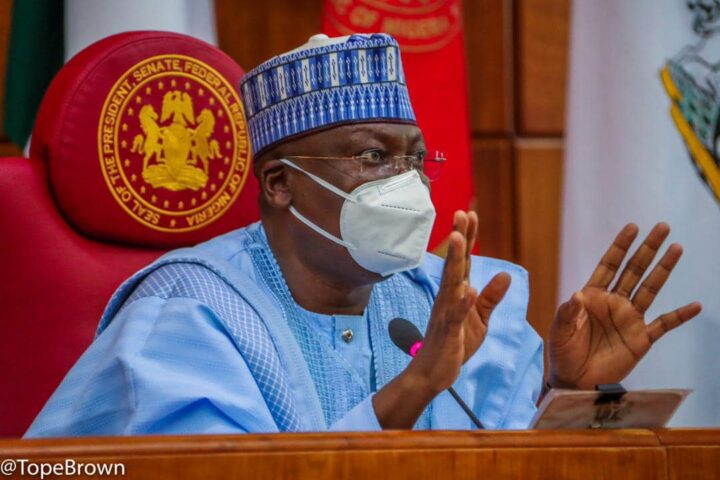The Cable
In recent weeks, several fully-vaccinated persons have announced that they tested positive for COVID.
In December 2021, Mohammed Bello, minister of the federal capital territory (FCT), announced that he tested positive despite having taken two shots of the vaccine.
Days before Bello’s announcement, Atedo Peterside, the founder of Stanbic IBTC and Anap Foundation, said he tested positive.
Also in December, amid reports of a wave of infections in Aso Rock, Garba Shehu, presidential spokesman, announced that he had been infected.
Speaking on the reports of COVID cases in the villa, Femi Adesina, aide to the president, had said there was no cause for alarm.
However, days after, the presidency issued a directive that visitors to the villa would henceforth be required to take rapid COVID tests before they would be allowed in.
With the recent spike in infection rates within and outside Nigeria, as well as reports of fully-vaccinated people testing positive, there are, expectedly, concerns on ‘what then is the point of vaccination?’
‘BREAKTHROUGH INFECTIONS DON’T MEAN VACCINES AREN’T WORKING’
According to the WHO, COVID vaccines are highly effective against serious illness, hospitalisation and death.
“A number of vaccinated people will get infected and may fall ill with COVID-19 in spite of being fully vaccinated. This is known as a breakthrough infection or breakthrough case,” the WHO said.
“Breakthrough infections can happen with every vaccine and do not mean that the vaccine does not work. People who get COVID-19 after being vaccinated are much more likely to only experience mild symptoms; efficacy against serious illness and death remains high.”
‘IT DEPENDS ON MANY FACTORS’
Oyewale Tomori, a professor of virology, said the notion that “many” fully vaccinated people have been getting COVID is not backed by evidence.
He said those with underlying diseases may not respond with the same level of robust immunity as someone without underlying disease, adding that it takes 10 days to two weeks after receiving the full dose of the vaccine for the body to mount a strong level of protective immunity.
“New variants may evade or overcome the immunity generated against existing vaccines. Immunity wanes over a period of time, hence the need for boosters,” he said.
“In conclusion, that a vaccinated person gets infected is neither strange nor unexpected. It depends on so many factors — level of immunity developed, interval between time of vaccination and time of exposure, and if variant virus exposed to is different from vaccine virus.”
‘VACCINES ARE MEANT TO REDUCE SEVERITY OF INFECTIONS’



